
Politics & Society
The state of democracy, before and during COVID-19
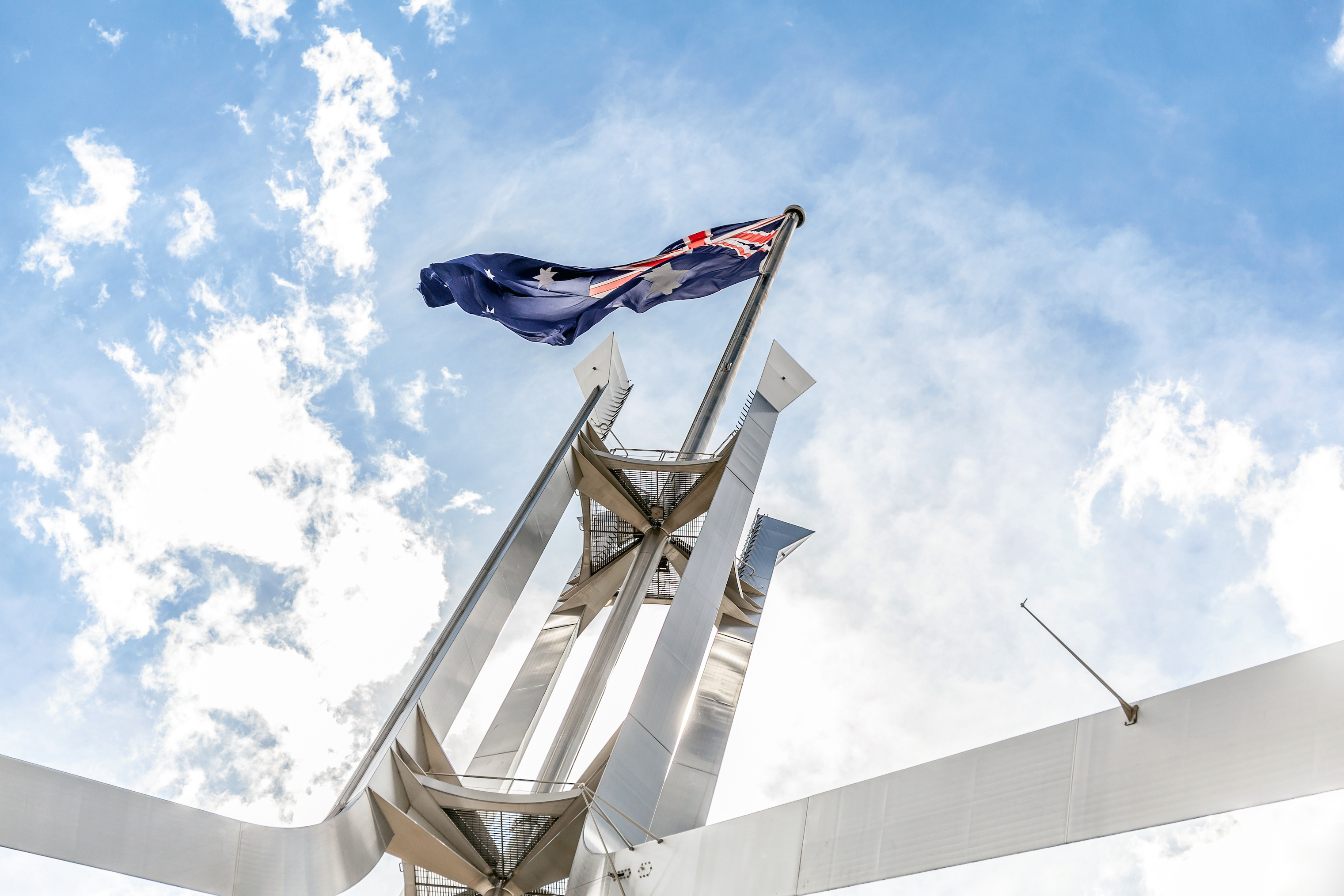
International Day of Democracy and Biden’s forthcoming Summit for Democracy should prompt a greater focus on renewing Australia’s democratic system
Published 14 September 2021
Wednesday 15 September marks the International Day of Democracy.
In 2007, when this global event was launched by the UN General Assembly, Australia’s democratic system was in a much different place.
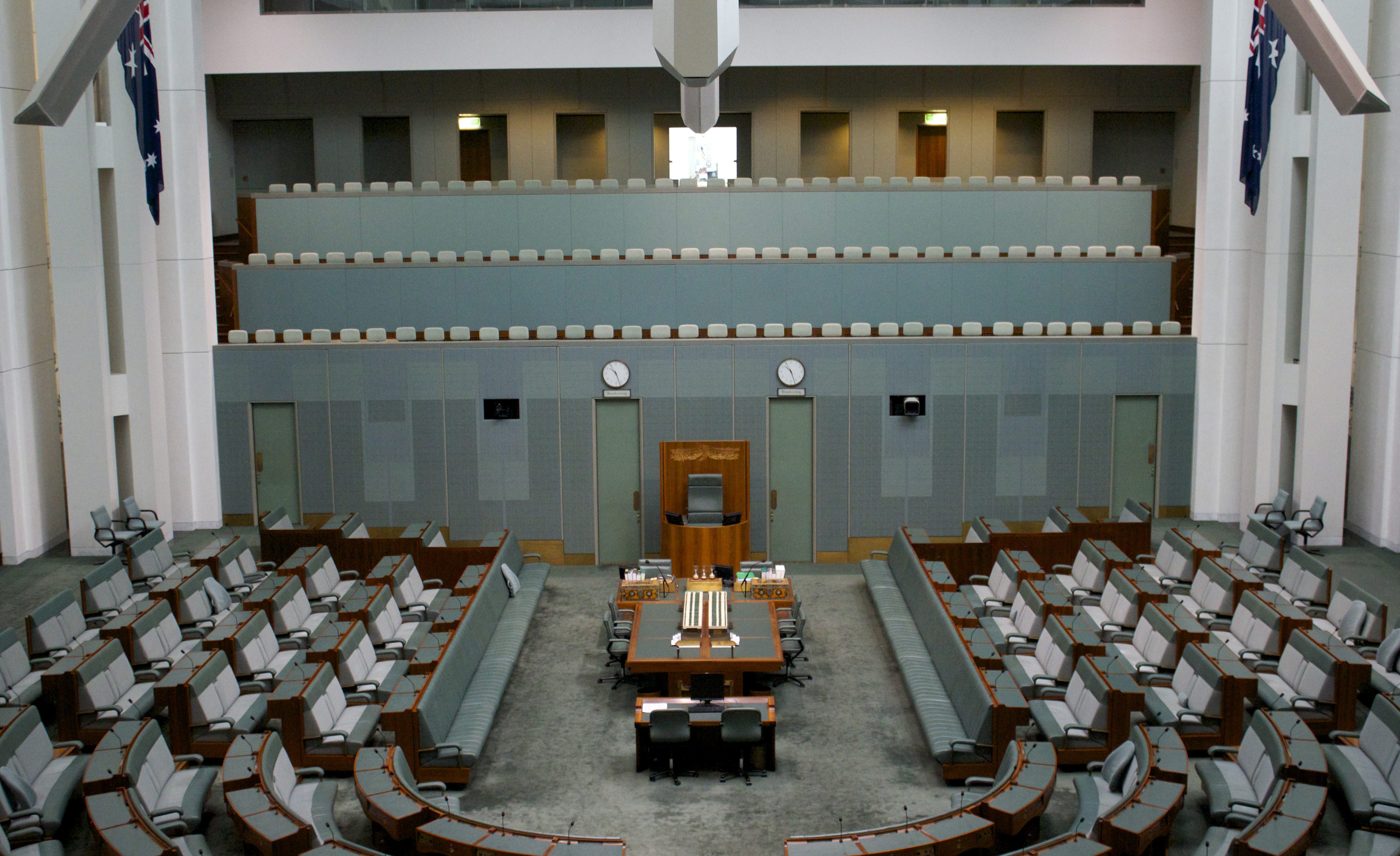
Eighty six per cent of citizens were satisfied with how democracy worked. The 2010’s “decade of disposable prime ministers”, smartphones and fake news revolutions were yet to come.
Australian democracy was far from perfect, but it was on a firmer footing.
2021 sees a vastly changed reality. Public life has been dominated by the COVID-19 pandemic for 18 months and Australian democracy faces three acute challenges.

Politics & Society
The state of democracy, before and during COVID-19
Firstly, the pandemic has placed long-term democratic reforms on the backburner.
The promise of a federal integrity commission, supported by over 80 per cent of the public, remains unrealised more than 1000 days after it was announced. Calls for a constitutionally enshrined Voice to Parliament struggle for media space, running into difficulty as the government lays out plans for a legislative approach for greater Indigenous involvement in policymaking.
Secondly, democratic challenges have intensified during the COVID crisis.
While Australia has managed to keep cases and deaths low by international standards, it has lagged behind countries like the UK and New Zealand in ensuring ongoing democratic accountability and deliberation.
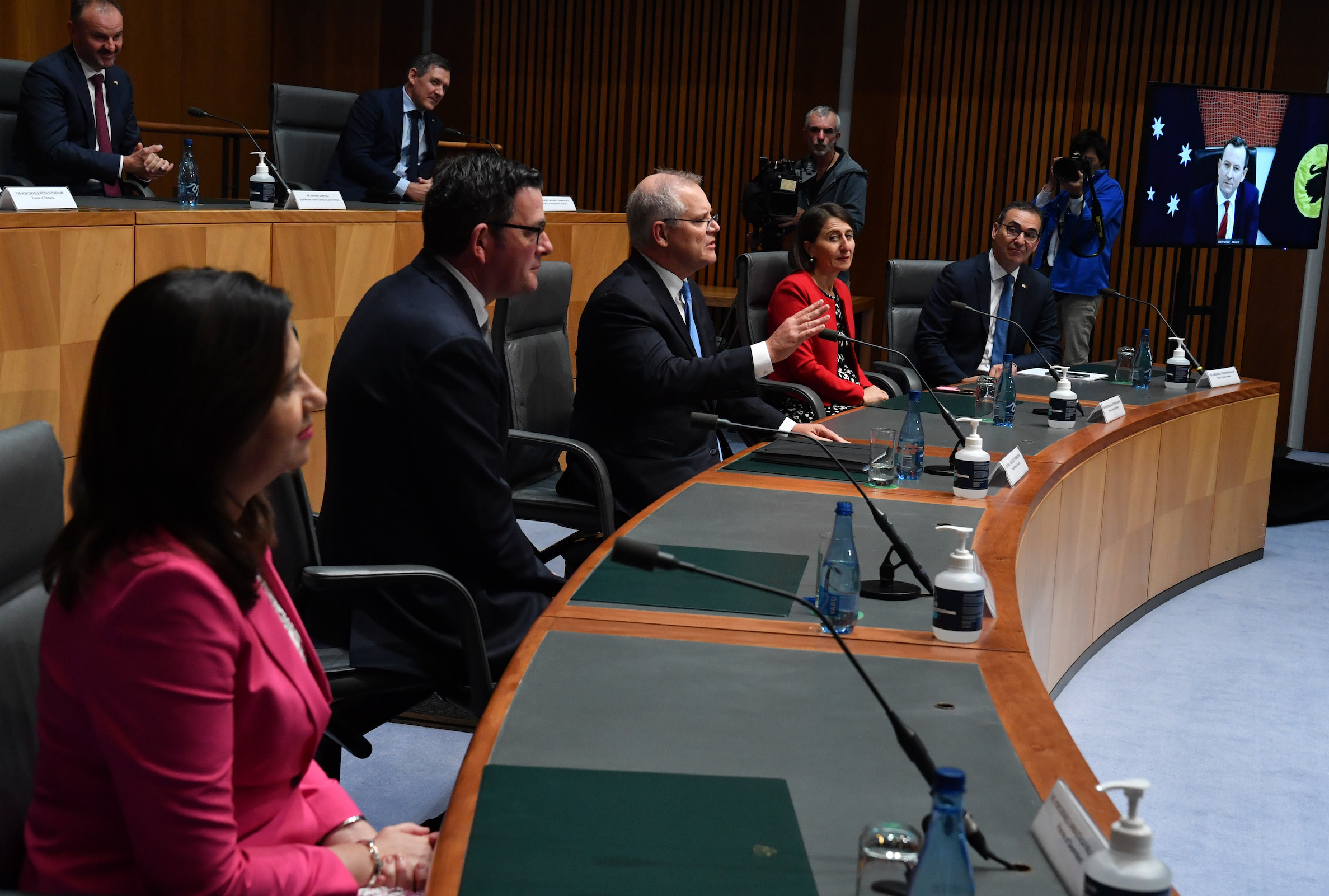
These issues include sidelined parliaments, expansive executive law-making with little oversight, the secrecy surrounding National Cabinet deliberations and enhanced police surveillance powers introduced with insufficient protections for media freedom and free speech.
Trust in government, after a significant rise in 2020, has started to slide sharply again.
It’s ironic that the recent New South Wales’ government decision to end daily pressers sparked such controversy when larger structural accountability gaps fly under the radar.

Politics & Society
In times of crisis, does parliament really matter?
COVID has also laid bare the parlous state of our information ecosystem.
The prevalence of fake news and conspiracy theories is increasingly visible in public protests and social media, and even reflected in Youtube’s suspension of Sky News Australia from posting on its platform in August – a decision which itself raises questions about the power of tech giants.
For many, the very fabric of Australia’s open society is under serious pressure as emergency measures become increasingly normalised.
Thirdly, COVID has also re-shaped the democratic reality across the Asia-Pacific, accelerating pre-existing democratic backsliding.
Successive democracy assessment reports paint a grim picture, including de-listing India as a genuine democracy – now deemed an ‘electoral autocracy’ or ‘partly free’ – while Indonesia’s pandemic response is viewed as having weakened its young democracy.
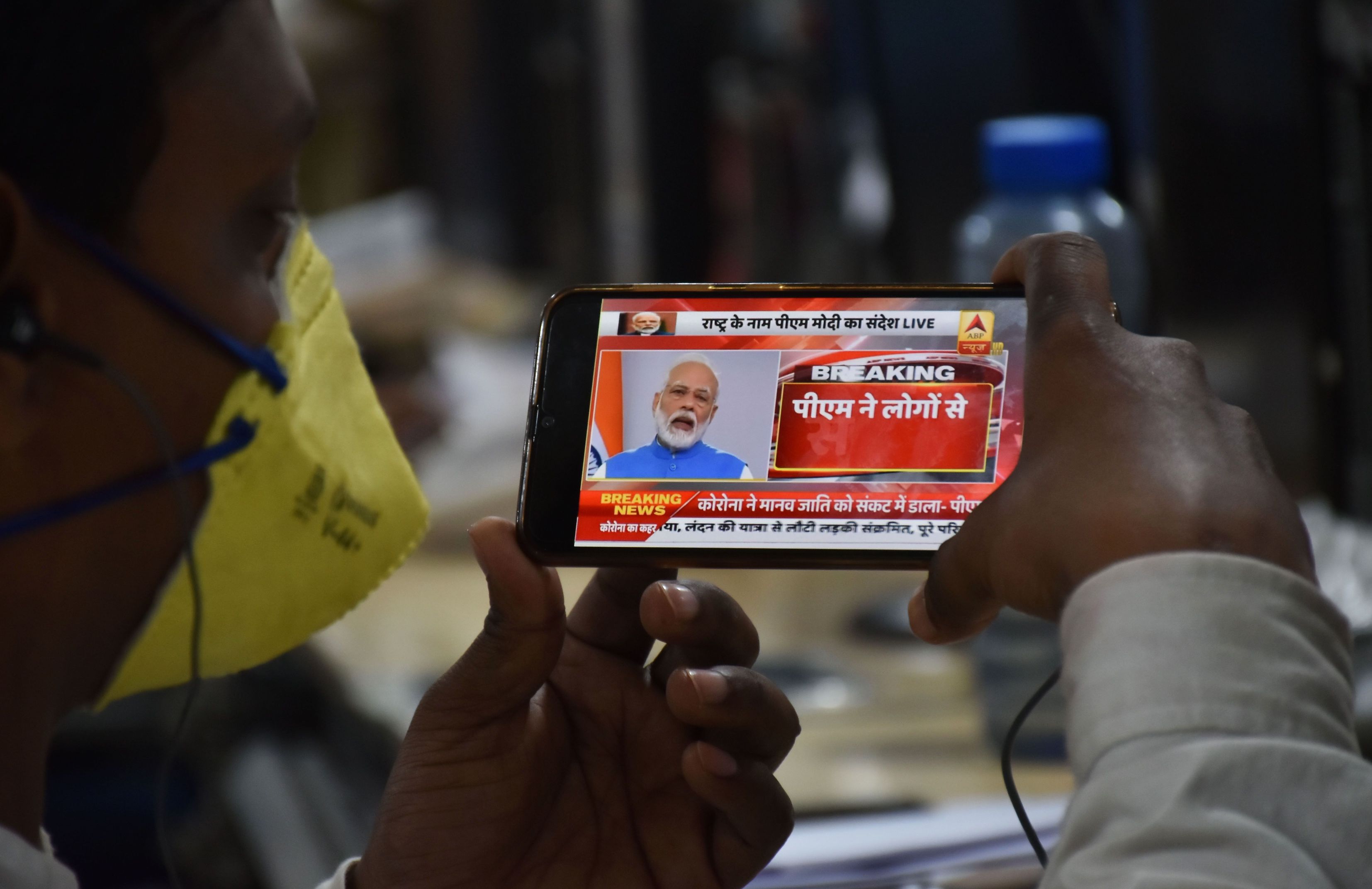
The governments of China and Russia have ramped up disinformation campaigns targeting liberal democracies, feeding fear and undermining meaningful deliberation.
The hardening division between China and democratic states is being further fuelled by the Chinese government’s assault on Hong Kong’s freedoms throughout the pandemic.
Australia’s main policy response to this harsher regional climate is a 20-year ‘hard power’ military strategy focused on containing China’s power and protecting Australia’s borders – with a decade-long spend of $A270 billion already committed to everything from longer-range missiles to offensive cyber capabilities.

Politics & Society
How COVID-19 is hitting some democracies harder than others
But it’s not all bad news.
Australia is crackling with ideas to renew and reform how democracy and political power work across the Commonwealth.
The 2019-2020 Senate Inquiry into Nationhood, National Identity, and Democracy received more than 200 submissions, recommending everything from real reform on political donations and campaign financing to enhancing participation through bodies such as citizens’ assemblies.
While the final report – released in February 2021 to little fanfare – appears to suggest no real reform is needed, these submissions deserve wider attention.
Programs and organisations to enhance the participation of women and young people in politics have proliferated. People responded to Facebook’s news blackout in February 2021 by flocking to the ABC, highlighting the limits of tech giants’ power and the importance of having an independent public broadcaster.
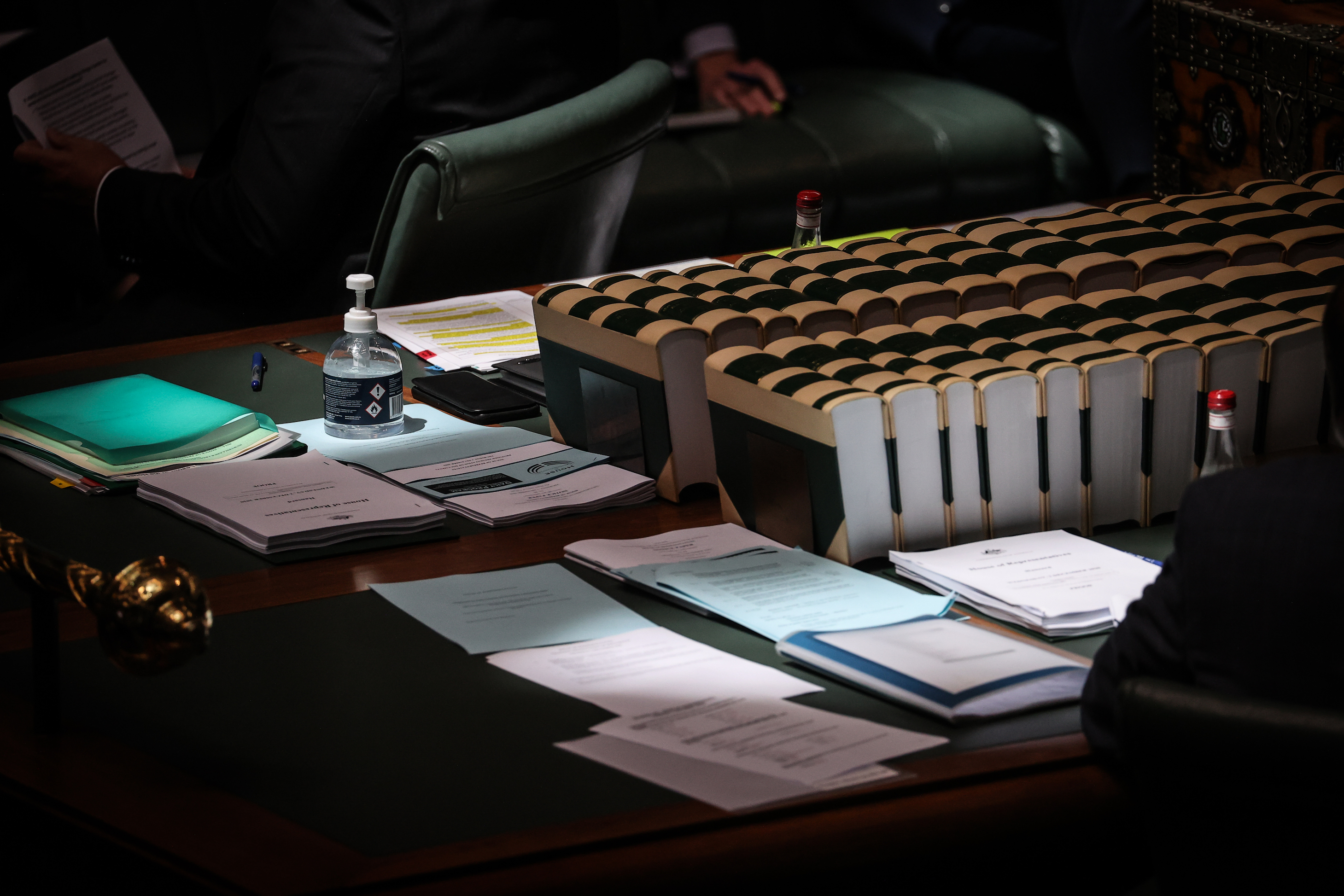
The issue of money in politics may more fully catch the public imagination with the launch of a new documentary, Big Deal, in mid-September.
Thought leaders are taking this historical moment to consider the big fixes for Australia’s political system, including Professor John Daley’s focus on reforms to free up policy gridlock.
Good news stories across the Asia-Pacific region include South Korea’s internationally recognised innovations in electoral management, and Taiwan’s recognition for inclusive policymaking and highly effective use of digital technology to combat COVID.

Politics & Society
Searching for Democracy 2.0 without losing Democracy 1.0
But, due to the pattern and intensification of the COVID crisis across Australia, these developments are getting little attention.
We are all suffering from tunnel vision, our mental horizons reduced to a series of numbers. How many cases. How many deaths. How many vaccines. How many days until we get to the other side.
That is understandable. The pandemic is an unprecedented crisis. Lives and livelihoods are at stake. Yet, the closer we get to some form of new normal, the more urgent it becomes to reflect on how deeply this crisis has affected our democracies, and what to do about it.
The Biden administration’s international Summit for Democracy, taking place virtually on 9-10 December 2021, should provide a useful focal point for a renewed conversation and stocktake in the coming months and into 2022.

The Summit aims to gather countries for a discussion on three issues: fighting corruption, defending against authoritarianism including election security, and advancing human rights at home and abroad.
This isn’t to say that Australia must take the same tack as the US or buy into the Summit’s central purpose of rehabilitating US leadership on democracy promotion – which has become all the more pressing due to the return of the Taliban in Afghanistan.
What this global event underlines is Australia’s need for both a domestic plan for ‘building democracy back better’ and a soft-power foreign policy to navigate the changed democratic reality across the region – strengthening alliances with resilient democracies and achieving a clear-eyed strategy for engagement with partners whose democracies are in trouble.
These challenges cannot be addressed in isolation from one another.
Australia’s geopolitical heft and effectiveness in the region is partly based on the quality of, and regard for, its democratic system. A strong ‘hard power’ strategy simply isn’t enough.
This International Day of Democracy, planning the big fixes for Australian democracy should begin in earnest.
Associate Professor Tom Gerald Daly leads ‘The Democracy Fix’, a new series on the big fixes for democracy in Australia and the Asia-Pacific. The first event is on 15 September with Professor John Daley of the Grattan Institute. For more information or to register to attend virtually, please visit the website: https://events.unimelb.edu.au/MLS/event/11553-gridlock-reforming-australias-institutions-to
Banner: Getty Images